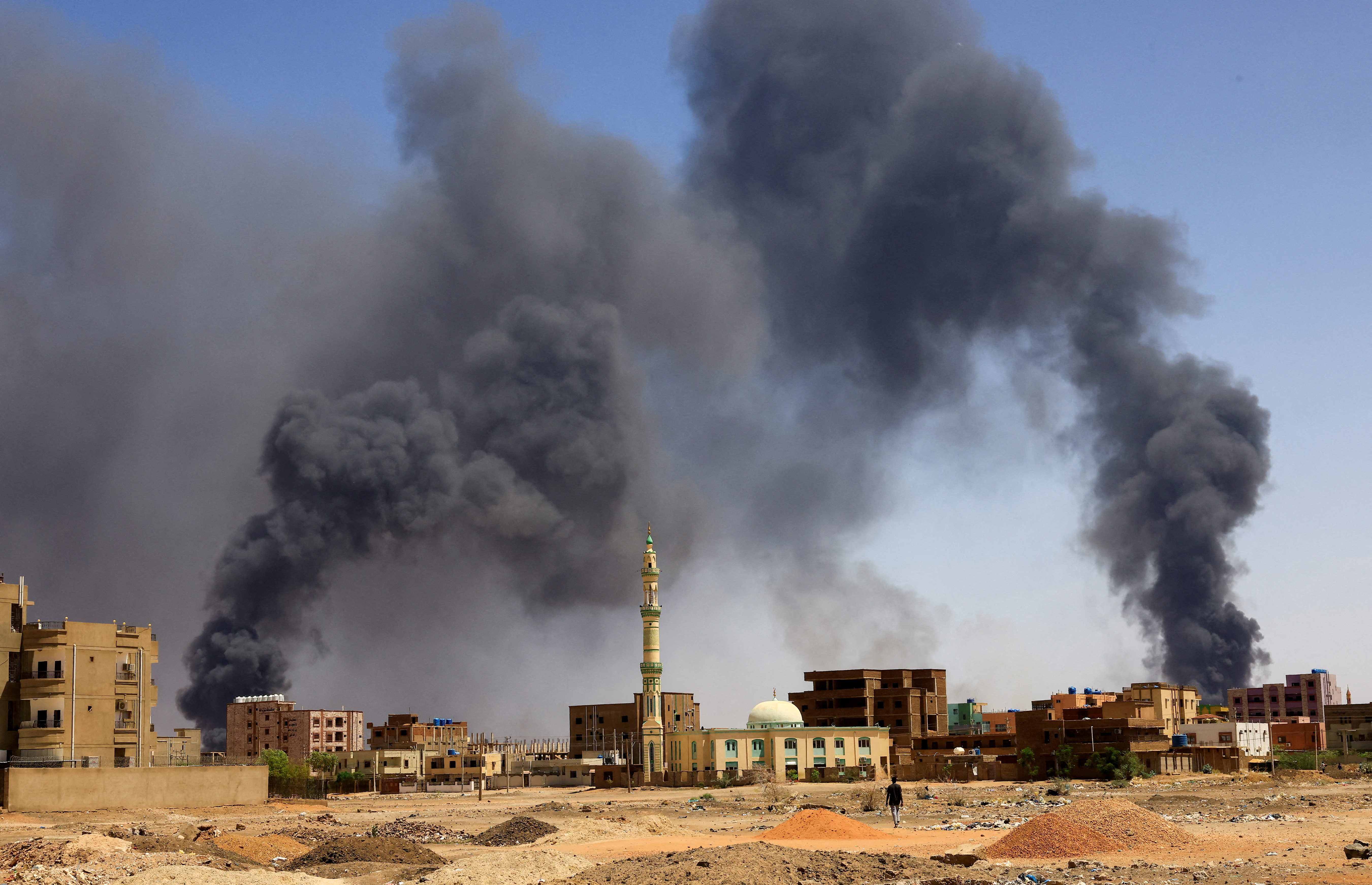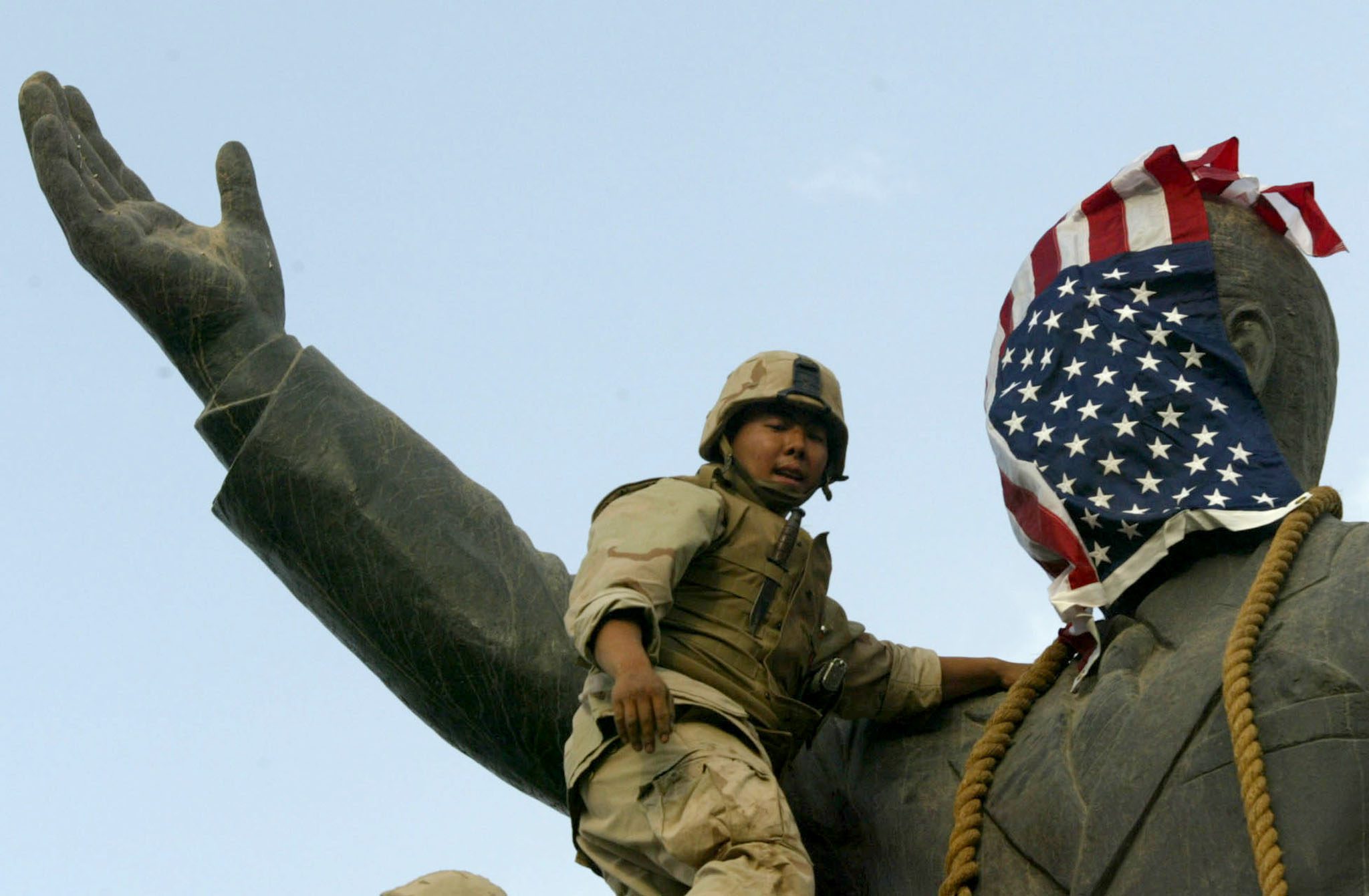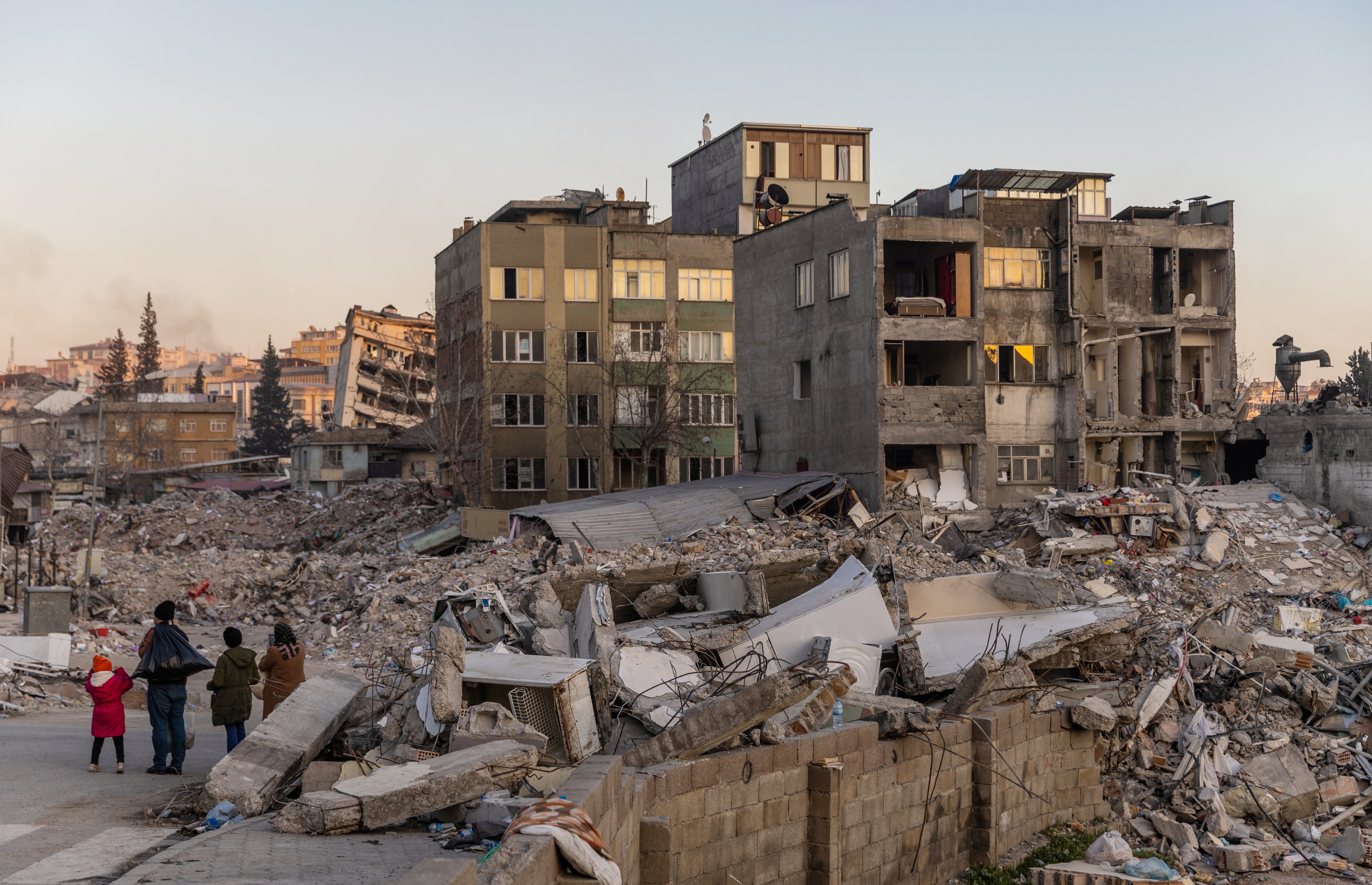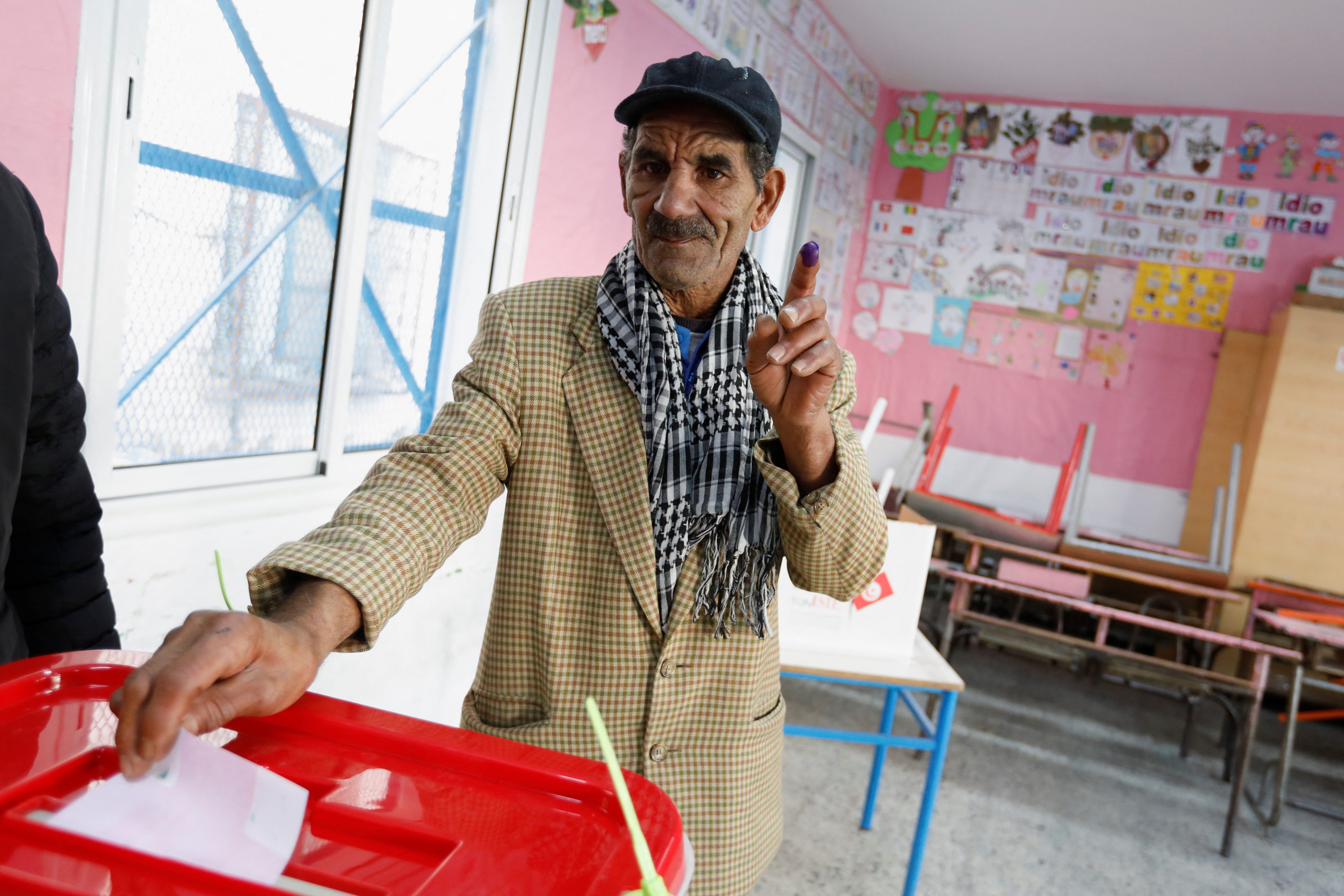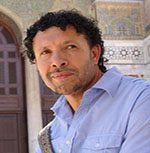
Larbi Sadiki
Nonresident Senior Fellow
Bio
Larbi Sadiki is a nonresident senior fellow at the Middle East Council on Global Affairs. He is a scholar with the Japan Society for the Promotion of Science. He is an expert in democratization studies and political transitions. Previously, he was a professor at Qatar University, lecturing on international affairs and political science. He was also a nonresident scholar at the Carnegie Middle East Center and senior lecturer and Director of the Middle East Politics programme at the University of Exeter.
Sadiki authored numerous publications and articles in Third World Quarterly, The Spectator, Political Studies, Orient, Middle East Journal, and Australian Journal of International Affairs, among others. He won several research grants in Qatar (National Priorities Research Program, Postdoctoral Research Award, and Undergraduate Research Experience Program) and in the UK (British Academy and Leverhulme). Sadiki is editor-in-chief of the Brill Journal PROTEST; and editor of a Routledge series on Middle East democratic transitions.
He authored the major primer on the Arab Spring, Routledge Handbook of the Arab Spring: Rethinking Democratization (2016), as well as Routledge Handbook of Middle East Politics: Interdisciplinary Inscriptions (2021). He also edited a special issue of the Journal of North African Studies entitled “Discoursing ‘Democratic Knowledge’ & Knowledge Production in North Africa” (2015, Vol. 20).
Sadiki has also edited several volumes on Middle Eastern regional politics. He is the author of Rethinking Arab Democratization: Elections without Democracy (Oxford, 2009, 2014) and editor of the Routledge series, Routledge Studies in Middle Eastern Democratization and Government. Oxford University Press has released his co-authored book: Revolution and Democracy in Tunisia: A Century for Protestscapes (2024).
His analysis has appeared in many international outlets, including Al Jazeera, TRT World, The New York Times, BBC, and Middle East Institute.
Research Areas
- Democratization
- Regime transition
- Arab Spring
- Human rights
Countries of Focus
- MENA region
- Tunisia
Other Areas of Interest
- Islamist Movements
- MENA-EU relations
- Gulf small states
Education
- Ph.D., Political Science and International Relations, The Australian National University, 1997
- M.A., International Studies, University of Sydney, Australia, 1991

